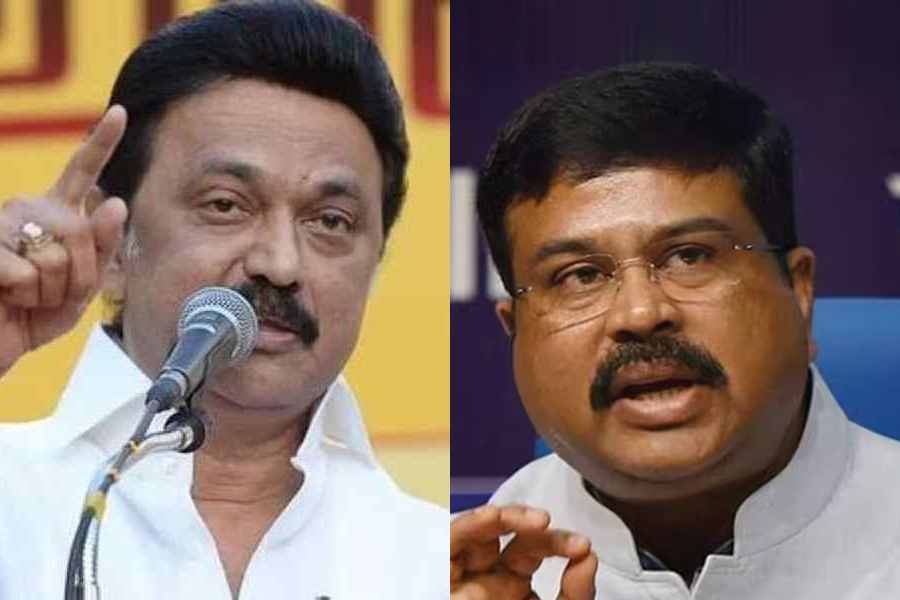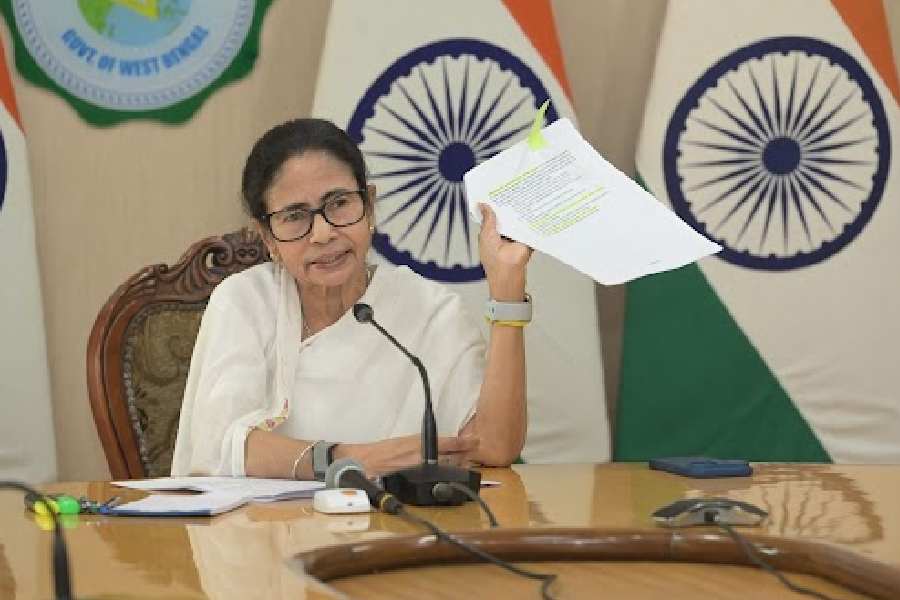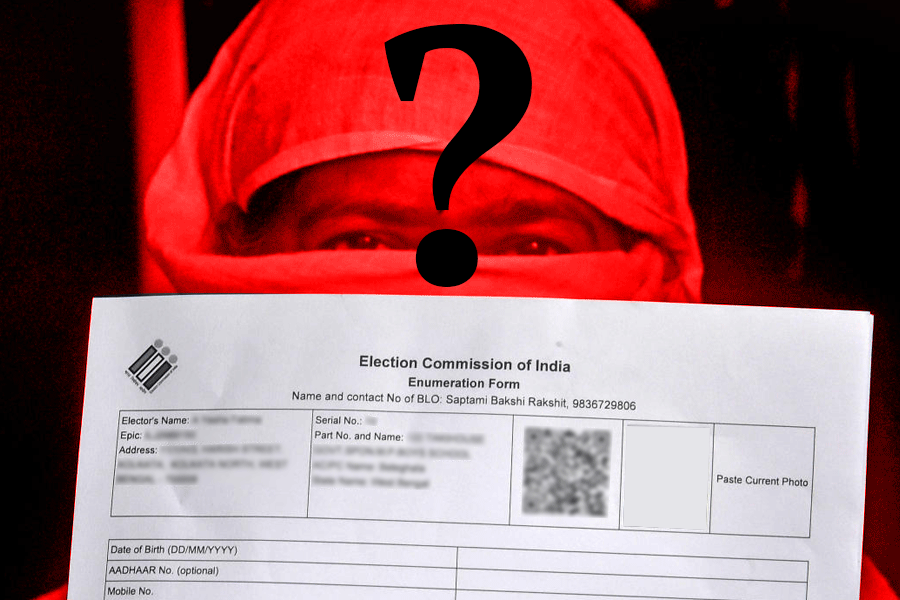Tamil Nadu is no stranger to language wars. Another such battle seems to be brewing, with Tamil Nadu’s chief minister, M.K. Stalin, reiterating his opposition to what he alleges is the Centre’s ploy to impose Hindi via the National Education Policy’s three-language formula. The Union education minister has dismissed Mr Stalin’s allegation: but Tamil Nadu is yet to receive this year’s funds from the Centre under the Samagra Shiksha education scheme on account of its refusal to implement the NEP in totality. Mr Stalin’s position can be explained by the fact that resistance to the alleged attempts to impose Hindi has always been politically profitable. The Centre’s bullishness, evident from the fund freeze for a flagship education programme, is typical of the anti-federal mindset that marks the Narendra Modi government.
But what the two warring sides seem to be ignoring is the question of the choice of the people in this tricky matter. Data pertaining to linguistic choice reveal a fascinating but complex picture. A report based on earlier population censuses and compiled by the Registrar General of India had found that the number of Hindi speakers had risen between 1991 and 2011 while that of native speakers of Urdu, Bengali and Tamil had, the report stated, declined during the same period. Mr Stalin’s concern would have been validated by this report had it not been for an important finding: most speakers of minor heartland languages — Magahi and Maithili are two examples — had chosen to identify themselves as Hindi speakers, leading, possibly, to the inflation of the number of people speaking in Hindi. Over 50 minor languages are considered to be dialects of Hindi, a practice that is justifiably deemed reductionist. Another dataset has found that non-Hindi speakers, including those in Tamil Nadu, are more receptive to the idea of learning new languages. The NEP’s thrust for a three-language policy seems to acknowledge this collective desire. Language and linguistic choice are shifting realms, shaped by socio-economic factors. What India needs is unbiased data — when will the next census take place? — to discern the people’s choices: political contestations on language muddy the turf further.










